Pride of the Yankees, The (1942)
“He lives for his job; he gets a lot of fun out of it.”
|
Synopsis: |
|
Genres, Themes, Actors, and Directors:
Review: Meanwhile, cinematographer Rudolph Mate utilized creative lighting to help give the illusion of 41-year-old Cooper as a younger, then slightly older, man. There’s no denying the emotional impact of Gehrig’s plight, epitomized by the short speech he gave at Yankee Stadium in which he referred to himself as the “luckiest man on the face of the earth” before retiring: However, Jo Swerling and Herman Mankiewicz’s screenplay stretches to fill its two-hour+ running length. According to a recent book by Richard Sandomir entitled The Pride of the Yankees: Lou Gehrig, Gary Cooper, and the Making of a Classic (2017), the entire movie was heavily informed by active input from Gehrig’s widow, Eleanor. While the character of Cooper’s German mother (Janssen) was apparently toned down from real life: … she’s still seriously obnoxious (Eleanor didn’t get along with her at all), and a good deal of the storyline is taken up both with Lou trying to hide his career from his mom, and Janssen’s clashes with poor newlywed Eleanor (who at least ultimately triumphs as Gehrig’s new “best girl”). Meanwhile, Babe Ruth enjoyed playing a supporting role in the movie, and lost a significant amount of weight before filming began (see Sandomir’s absorbing book for much more detail on this and every other detail of the film’s conception, production, and reception). Ultimately, this honorable biopic — which began shooting just 8 months after Gehrig’s death — tries to tell a compelling story about an impressive baseball player whose life wasn’t really all that dramatic until he suddenly fell ill; the result is a respectful film that doesn’t quite provide the impact it could (until the very end). Notable Performances, Qualities, and Moments: Must See? Links: |
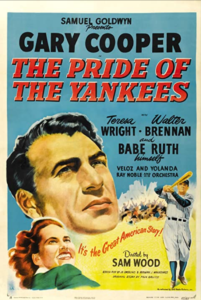
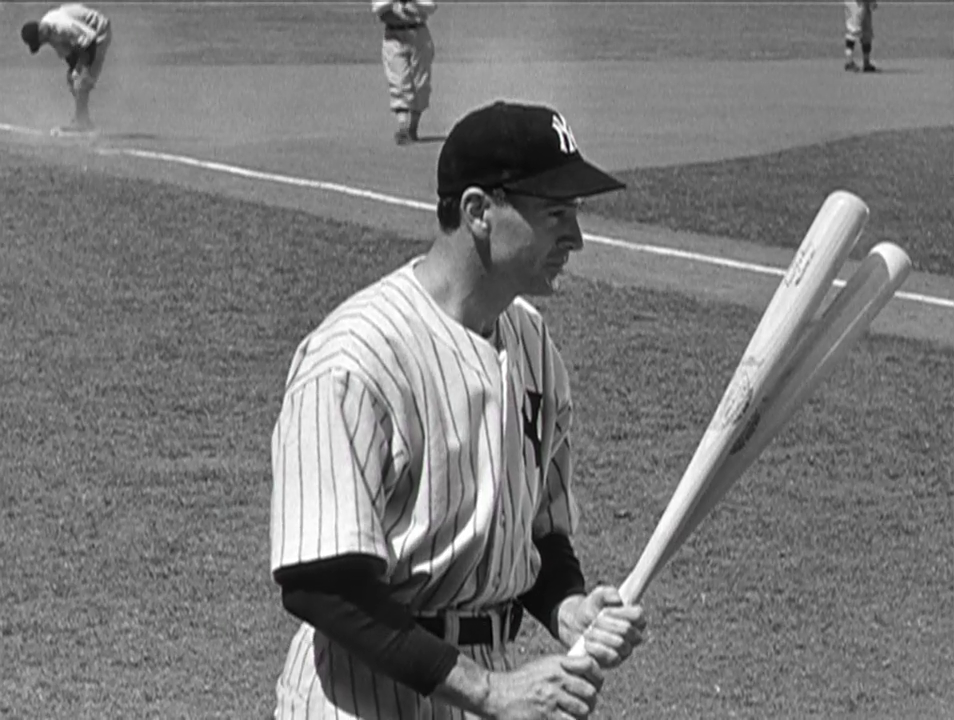

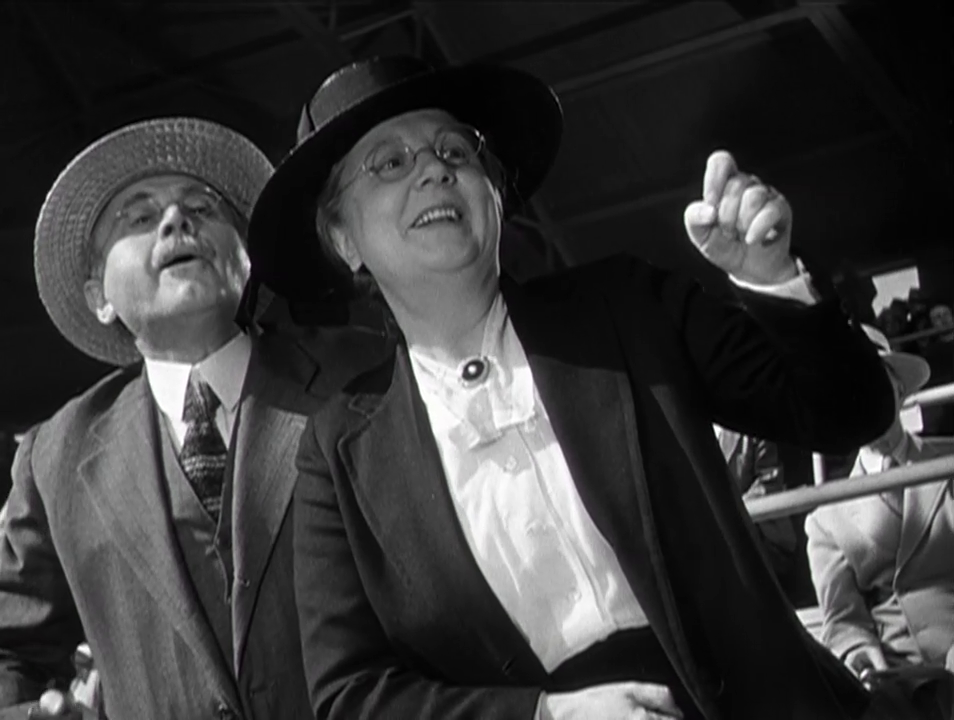
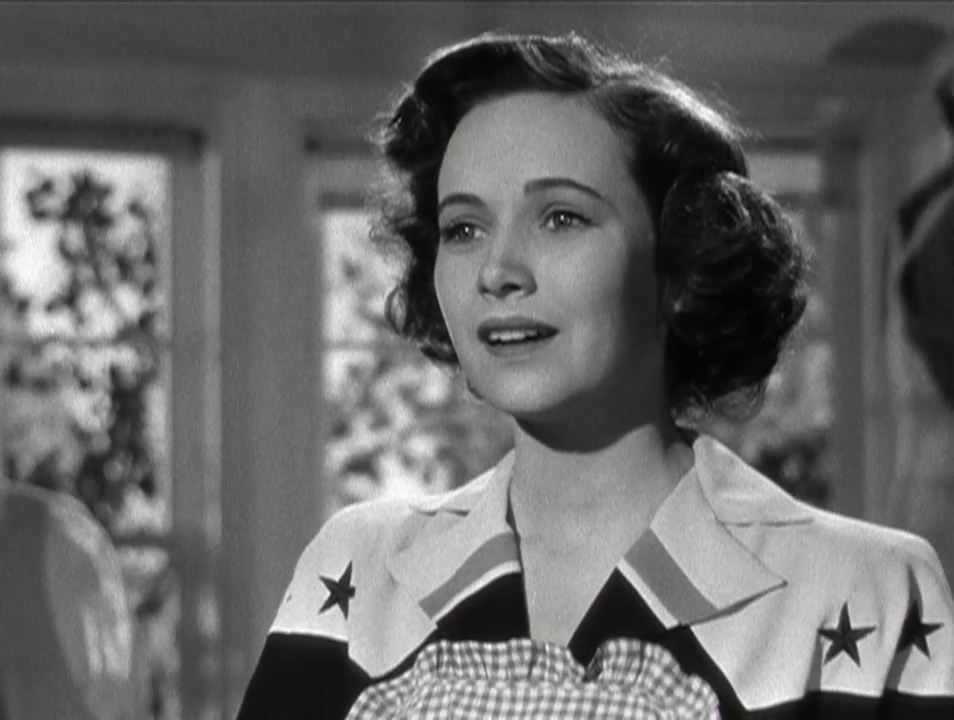
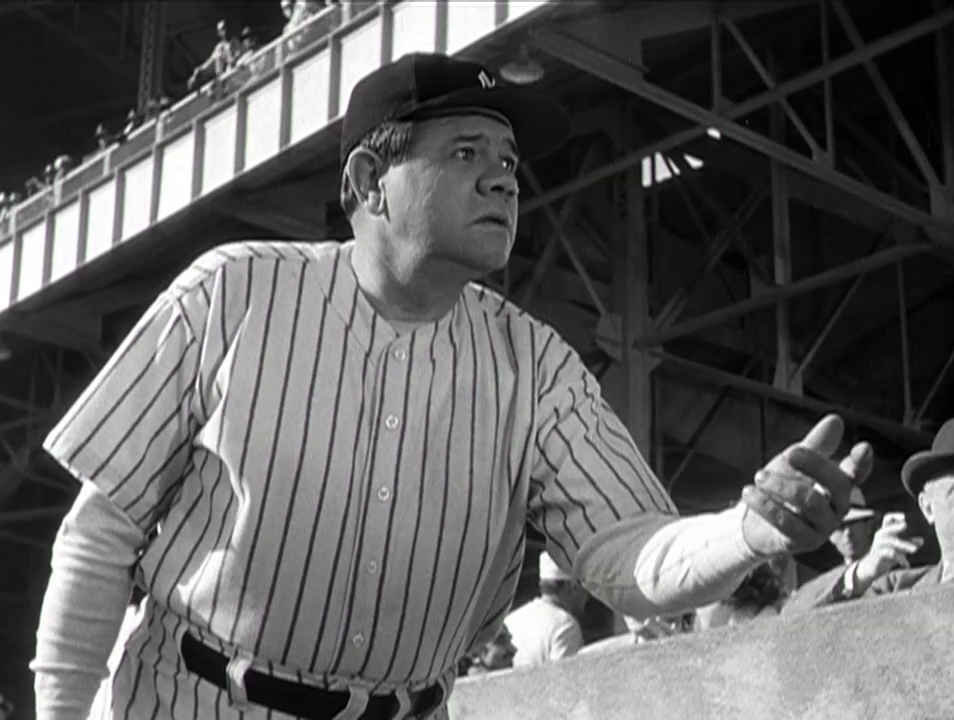

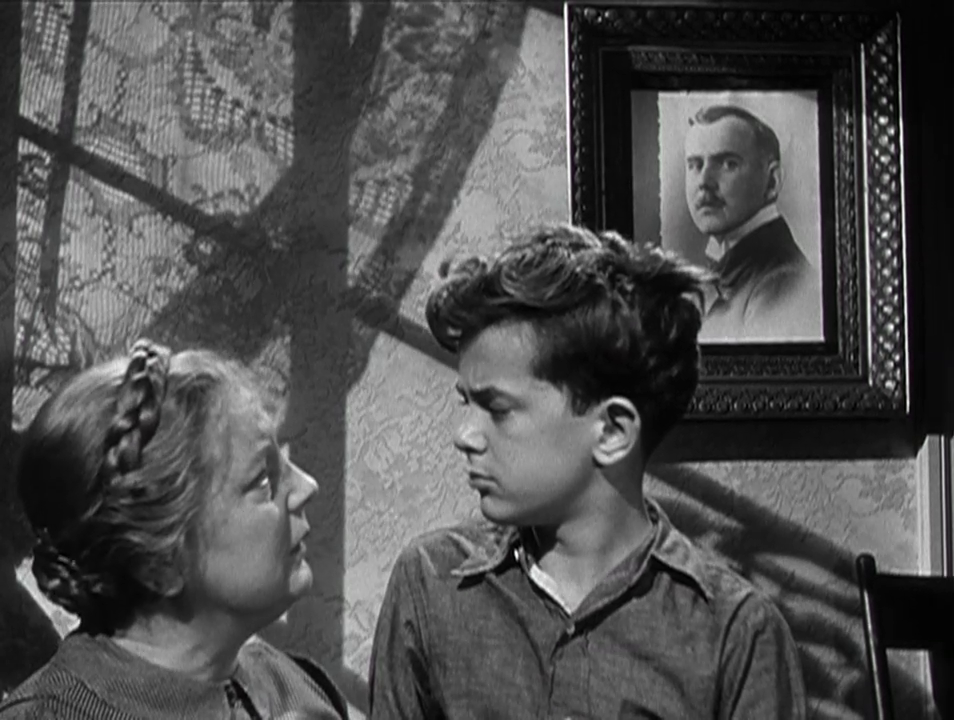
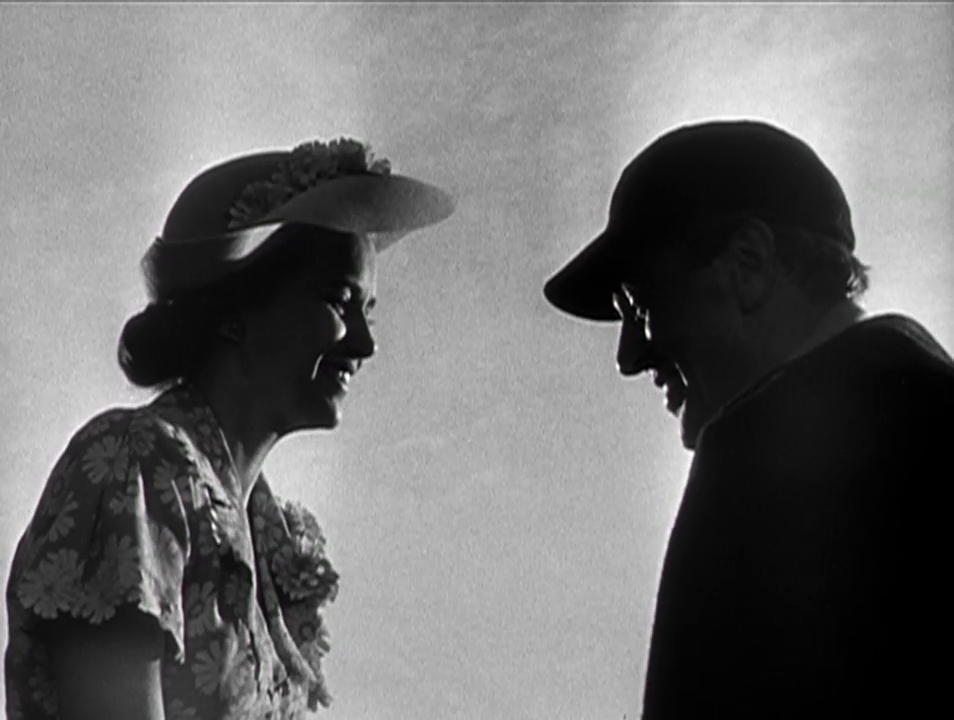
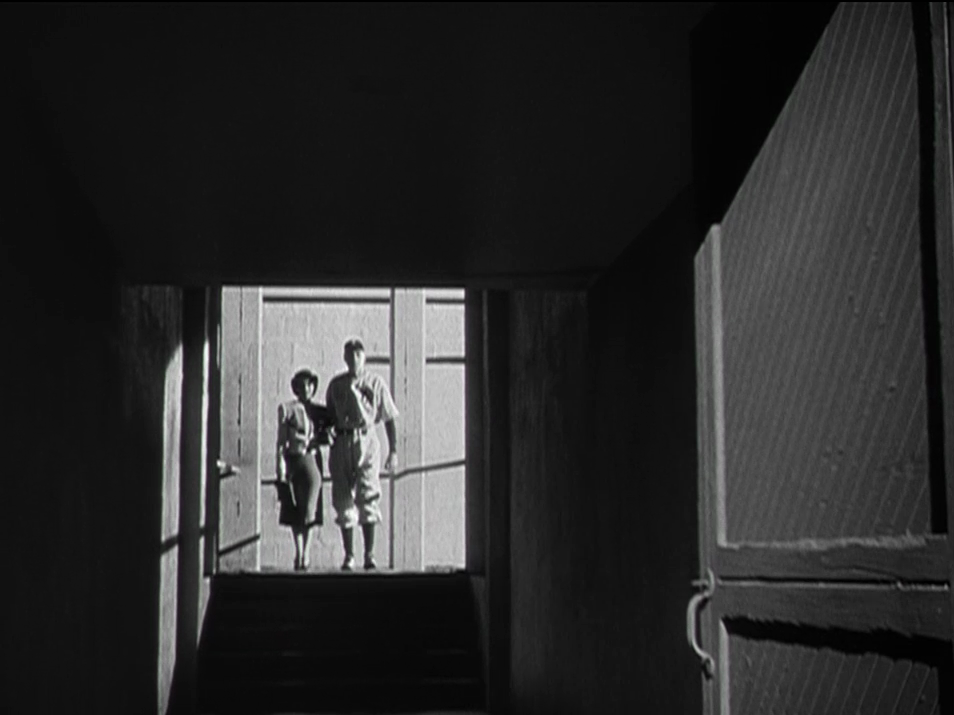
One thought on “Pride of the Yankees, The (1942)”
Not must-see, but baseball film fans will be interested.